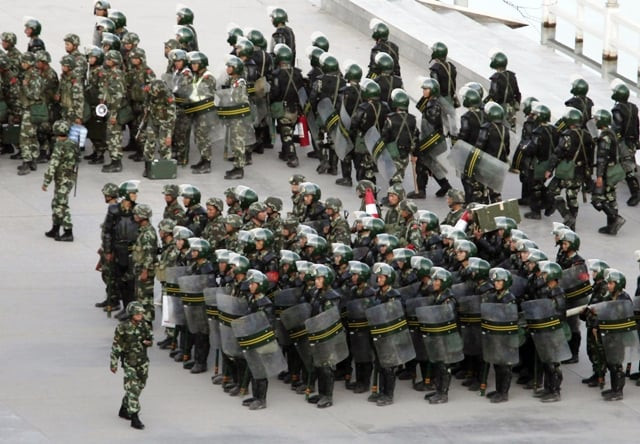Terrorism in China
This incident alone should not be enough to damage our relationship with China but it should teach us to be more wary.

The Uighur population in China has suffered a long history of persecution. In 1997, the Uighur’s protested their repression at the hands of the Chinese government. This led to a long period of mass arrests and torture that continue to this day. The Chinese government handed over the Uighurs to the US, claiming that they were involved in terrorism. Housed at Guantanamo Bay, these detainees were found to be completely innocent and since China refused to take them back, they were relocated to Bermuda. Given their second-class status in China, many sought sanctuary in Azad Jammu Kashmir. That some of them have turned to violence should not come as a surprise. Violence is never a solution to repression but China is equally wrong to conflate the Uighur struggle for basic rights with international terrorism. And it compounds the error by shifting the blame to Pakistan. This incident alone should not be enough to damage our relationship with China but it should teach us to be more wary. Our alliance with China, like all bilateral relationships, is based on need, not love. A mutual distrust of India sparked and sustained relations but that may be changing as China seeks greater economic ties with India. And the Uighur problem has forced China to seek friendship with traditional foe Russia, which is dealing with its own Muslim separatists. No alliance is permanent and the Chinese accusation should serve as a reminder that even with and ally as close as Beijing, we need to be careful.
Published in The Express Tribune, August 3rd, 2011.














COMMENTS
Comments are moderated and generally will be posted if they are on-topic and not abusive.
For more information, please see our Comments FAQ